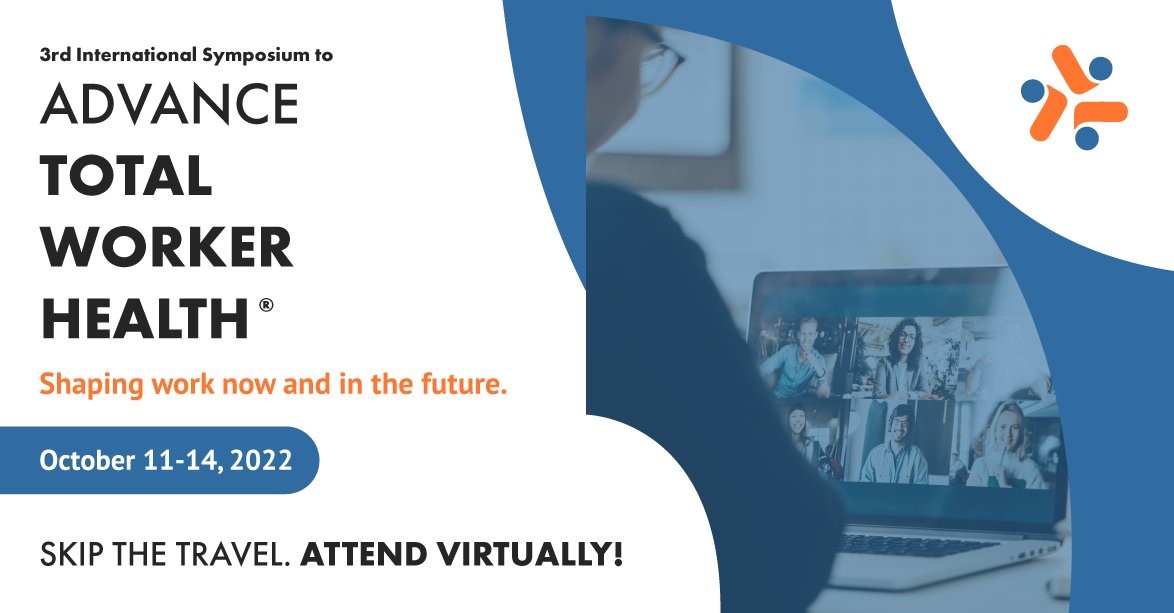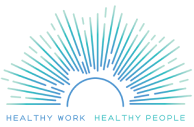The 3rd International Symposium to Advance Total Worker Health® begins Tuesday October 11 through Friday October 14, 2022. HWC co-directors Marnie Dobson and Peter Schnall are making a virtual presentation from the Healthy Work Campaign on Wednesday, Oct 12 at 2pm PST/5pm EST.

The National Institutes of Occupational Safety and Health (NIOSH) launched the Total Worker Health program with the intent to protect worker health and safety and advance worker wellbeing by creating safer and healthier work. The TWH approach also recognizes that:
“…work is a social determinant of health. Job-related factors such as wages, work hours, workload, interactions with coworkers and supervisors, and access to paid leave impact the well-being of workers, their families, and their communities.”
The Healthy Work Campaign, sponsored by the Center for Social Epidemiology, a TWH Affiliate, also begins with the principle that work is a social determinant of health.
What is a social determinant of health? Poverty, age, gender/sexism, race/racism, geographic location/nationality, and type of work–these are the physical, social and economic conditions that affect our health and cause health inequality. The lower your income, occupational status, and wealth, the more likely you are to experience mental ill health, chronic health conditions, and to die younger.
Work organization and psychosocial hazards play a role in determining health, and they also intersect with other social determinants. For example, people of color are disproportionately found in low-wage jobs. Jobs that have low wages, often have poor labor protections and expose workers to greater work stressors.
Stress is an important mechanism that can explain how physical, social and economic conditions (including work and job characteristics) cause mental and physical illness. Improving the organization of work will reduce stress and illness. Healthy work will help reduce health inequality.







Your article helped me a lot, is there any more related content? Thanks!